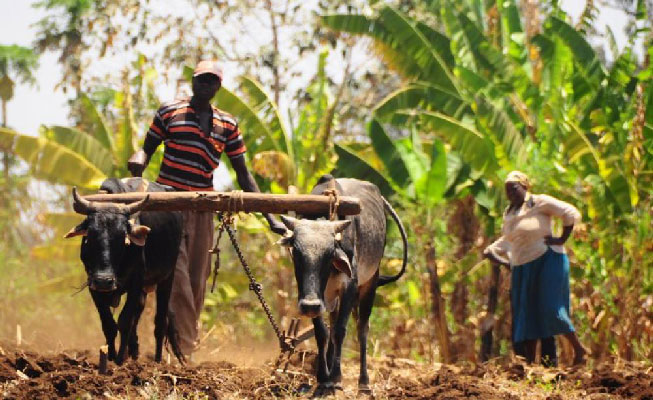World Animal Protection is calling for urgent action to create food systems that prioritize the welfare of animals, people, and the planet. As the global population continues to grow, the demand for food is rising, emphasizing the need for sustainable practices that will ensure food security and food justice through the protection of animals and restoration of ecosystems. This appeal comes just a day to World Food Day that will be marked tomorrow, 16th October 2024.
Sally Kahiu, External Affairs Lead at World Animal Protection during an online webinar to mark World Food Day 2024 said: “Annually, over 70 billion land animals are raised for food through industrial production. This system is fundamentally flawed. We must act now to create a food system that is not only environmentally friendly but also sustainable and equitable for those who work within it. The health of our planet, our food systems, and animal welfare are interconnected. By adopting equitable, humane, and sustainable food systems, we can achieve a better secure future for all.”
To have an equitable, humane and sustainable food systems that supports our food demands, World Animal Protection is advocating for the following key changes including:
· Nationally Determined Contributions: Governments must develop stronger NDC targets that address the urgent need to transform food systems, aligning the latest climate science to limit global warming and to recognize Equitable, Humane and Sustainable systems as the solution to achieving Food Justice.
· Traditional Food Systems: Stakeholders need to recognize the critical role that African traditional food systems (small-scale farmers) play in sustainable and climate smart agriculture, that provide food and protects our environment, ensuring climate-safe future.
· Harmful Practices: We must bypass harmful practices caused by Industrial Animal Agriculture, that are climate unfriendly; African governments need to discourage the entrenchment of these systems from the global north; and instead, promote inherent African traditional food systems that are built on principles of nutrient circularity and agroecology
· Climate Finance: Climate financiers should redirect much needed finances to boost the indigenous small-scale farmers that play a critical role in providing affordable food and livelihood to the local communities
